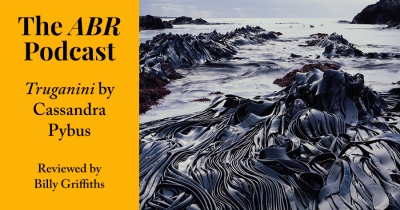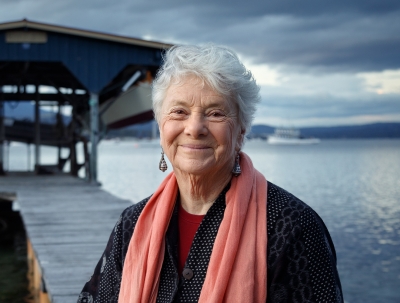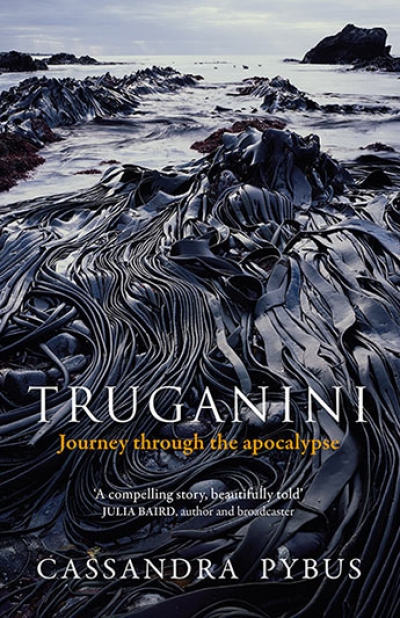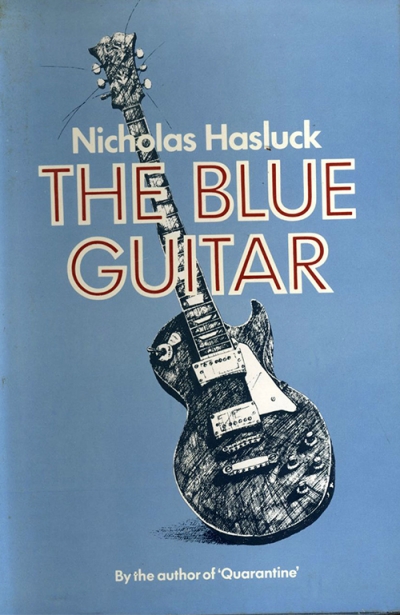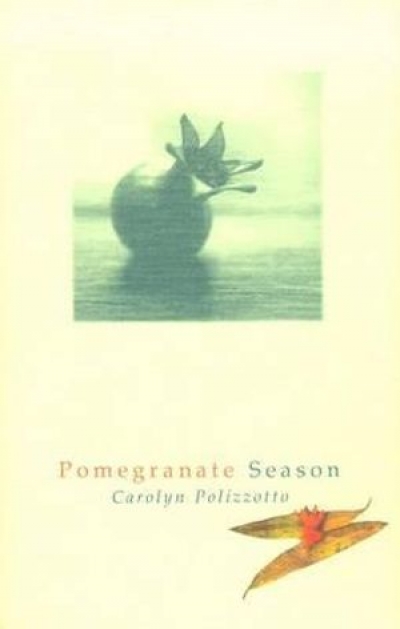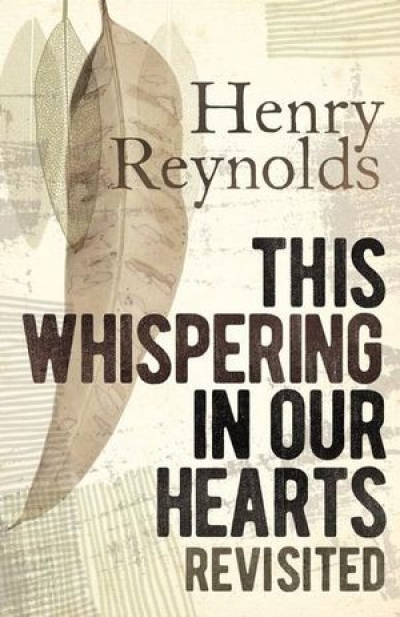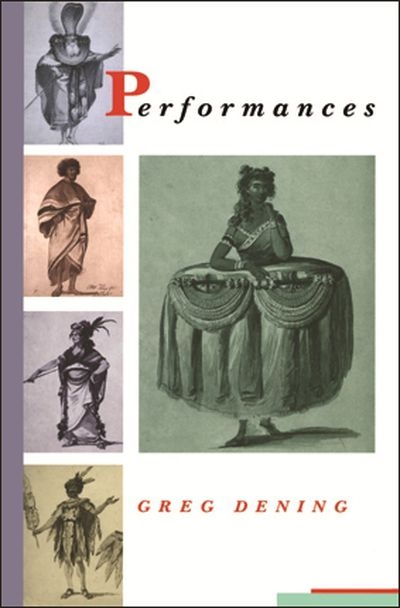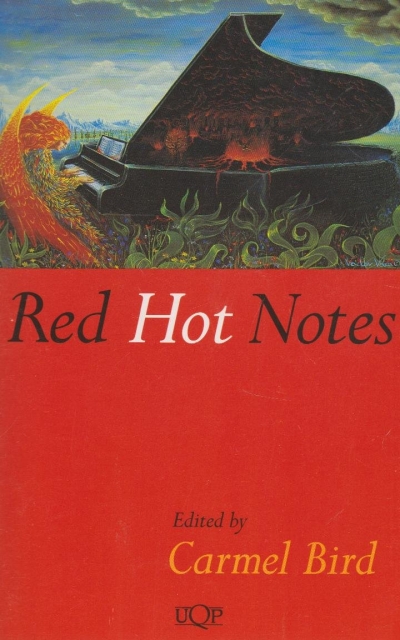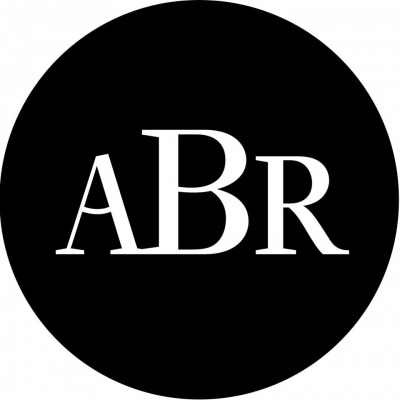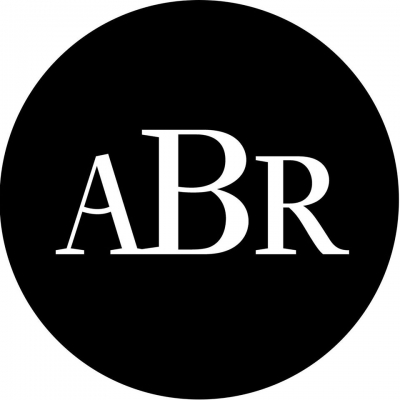Cassandra Pybus
The extraordinary life of Truganini, an Aboriginal woman known as the 'last Tasmanian', is explored in this turbulent history by Cassandra Pybus. An inspiring and haunting story, Truganini’s life spanned psychological and cultural shifts nearly beyond comprehension. In this episode of The ABR Podcast, Billy Griffiths, author of the award-winning Deep Time Dreaming, reviews Truganini, Pybus's history of a woman reclaimed by the Tasmanian Indigenous community as a symbol of 'rights, identity, ownership, and survival'.
... (read more)When I was younger and could tolerate copious amounts of alcohol, I really enjoyed writers’ festivals, especially in Canada, where they are often in stupendous landscapes. I made some lifelong friendships with marvellous writers and enjoyed memorable late-night conversations in the lobbies and bars of swish hotels.
... (read more)Truganini: Journey through the apocalypse by Cassandra Pybus
Pomegranate Season by Carolyn Polizzotto & Till Apples Grow on an Orange Tree by Cassandra Pybus
Dear Editor,
Dr Jenna Mead claims, among other things in her most recent attempt to discredit The First Stone, that I have ‘invented dialogue’ and written ‘hypothetical meetings with imaginary characters’. All the conversations and encounters in the book are documented in detailed, scrupulous notes. This includes my account of a telephone conversation between Dr Mead and me, which she would perhaps prefer to think of as a figment of my ‘merciless imagination. If only Dr Mead were an imaginary character – but it would strain the ingenuity of a better writer than I am, to have dreamt her up.
Helen Garner, Elizabeth Bay NSW
... (read more)Dear Editor,
How disappointing your cover feature on The First Stone turned out to be. I feel very let down by the most mediocre review I’ve read on this most talked-about work. Your former Editor, Rosemary Sorensen, wrote a superb, thought-provoking piece in the Sydney Morning Herald. I expected the review in ABR to be of similar quality.
Brian White, Elwood, Vic.
(Ed’s reply: You might be interested to know that the Sydney Morning Herald chose to republish a shortened version of Cassandra Pybus’s review of The First Stone, on Wednesday 10 May, acknowledging it was first published in ABR.)
... (read more)
